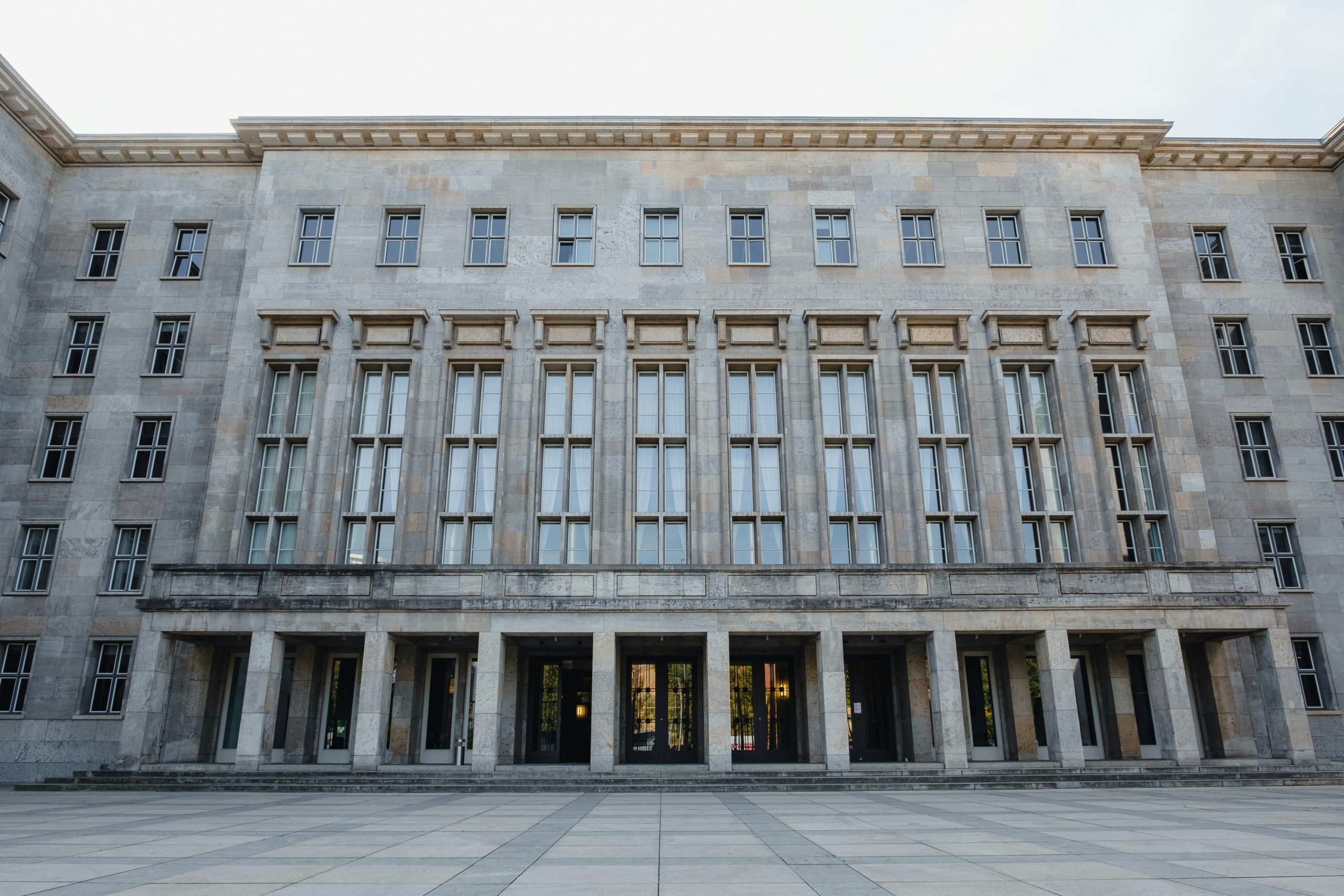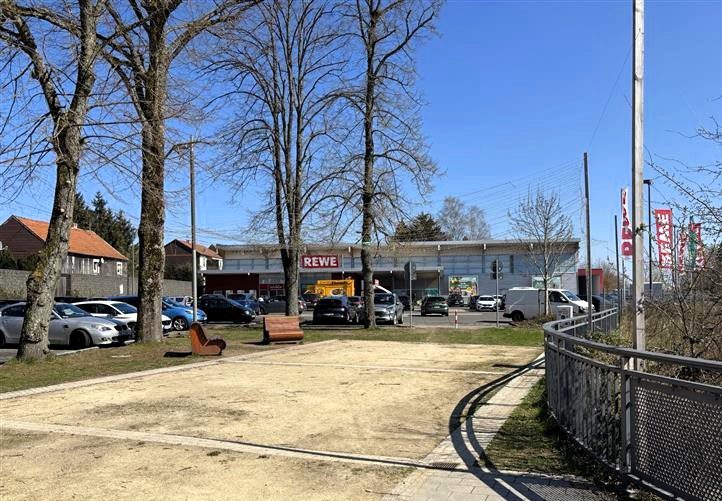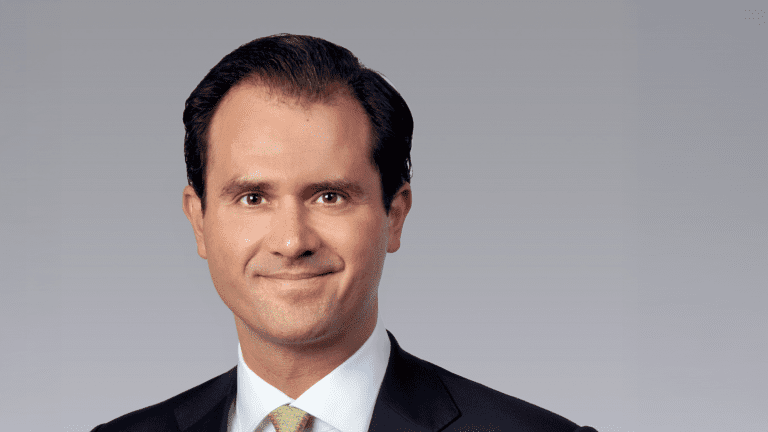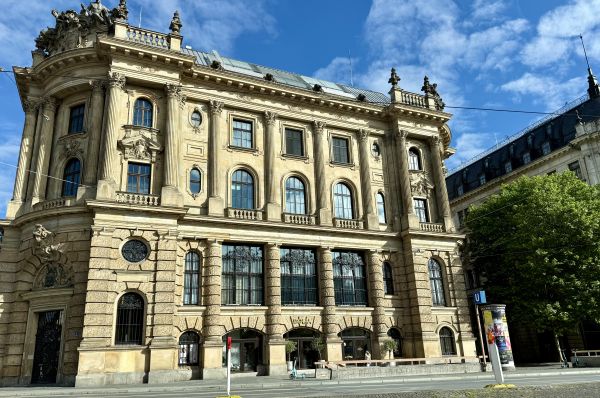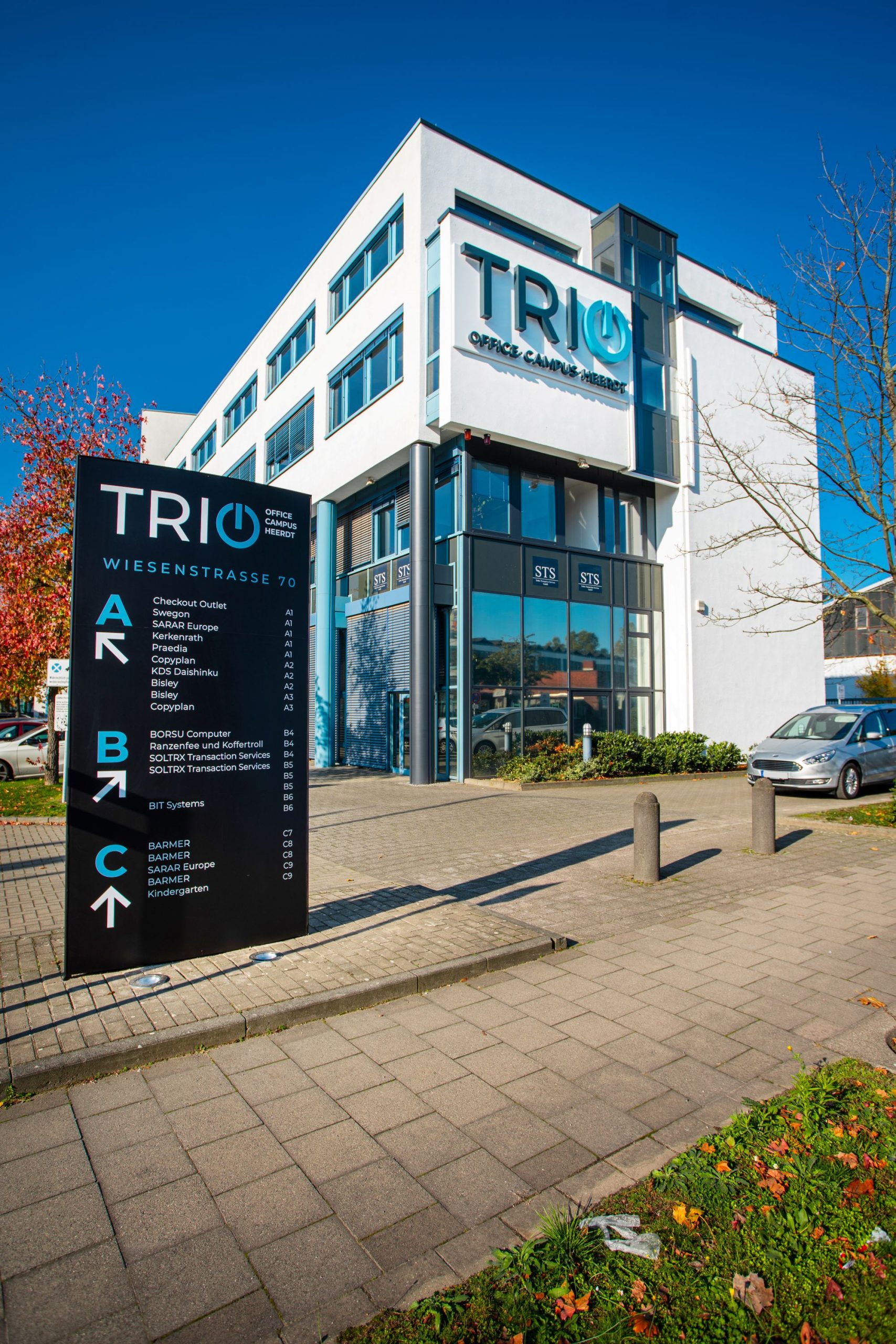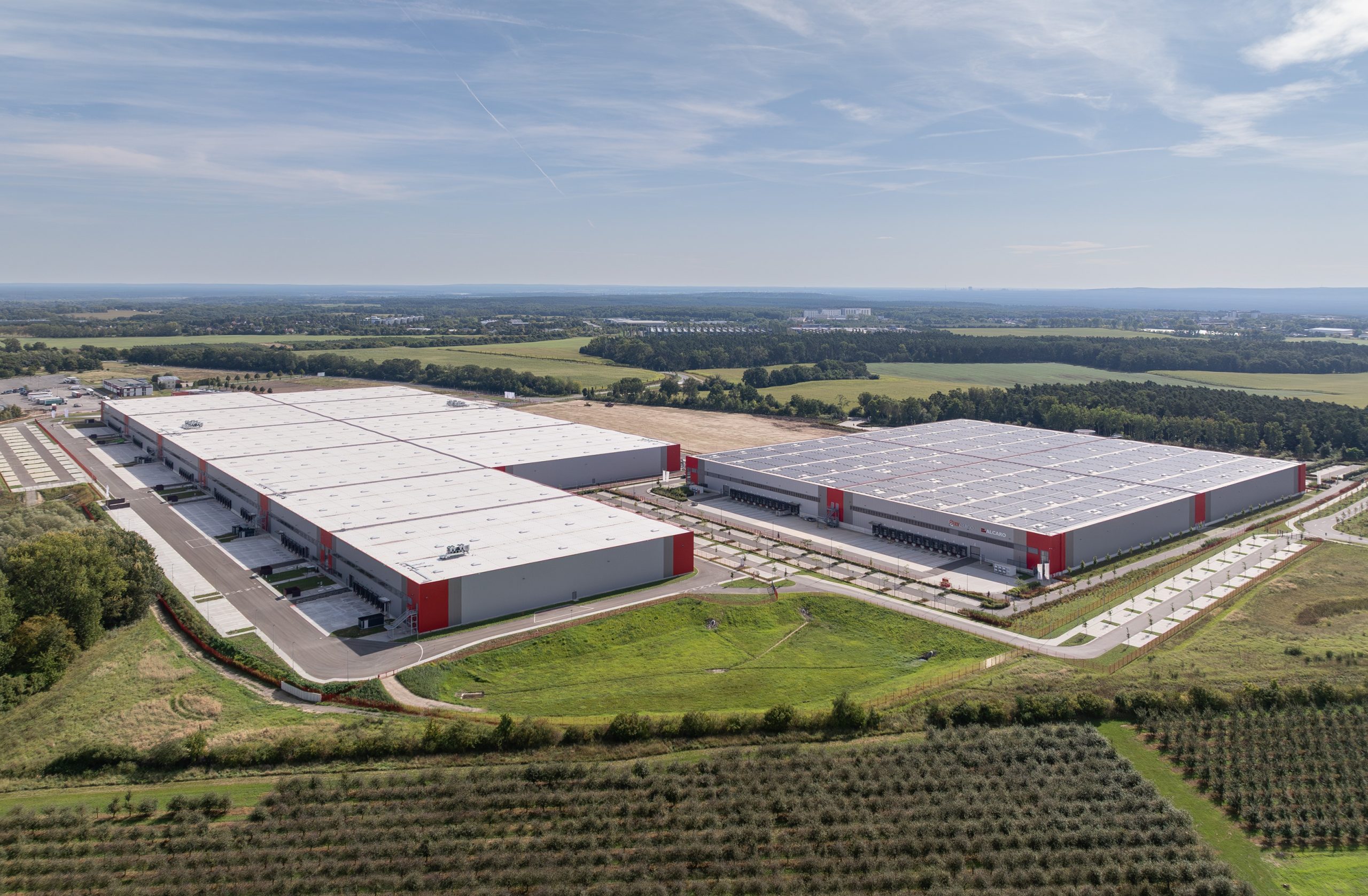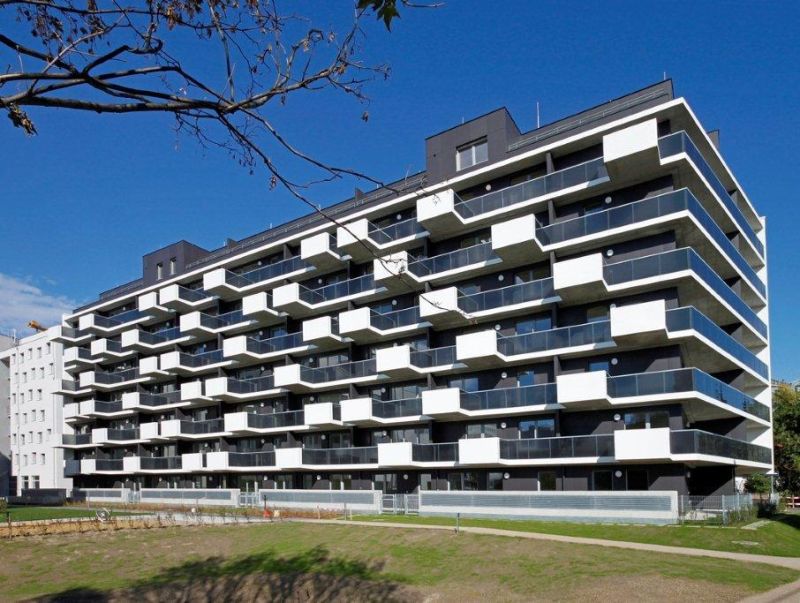On 22.08.2025, the Federal Ministry of Finance published the draft bill for the Economic Development Act (StoFöG).
The draft takes up central elements of the second Future Financing Act. In particular, tax improvements for venture capital investments, reinvestment of capital gains and an expanded investment framework for infrastructure and energy projects.
We have summarised what we consider to be the most important changes from a tax point of view:
- The so-called § 6b reserve for capital gains from the sale of shares in corporations is to be increased from EUR 500,000 to EUR 2,000,000. This is intended to postpone the taxation of capital gains from the sale of shares in corporations for sole proprietorships or partnerships.
- In future, it will not be detrimental to the qualification as an investment fund if the investment fund actively manages all or part of the assets it holds on an entrepreneurial basis. This creates legal certainty for investments by investment funds in the future, especially in renewable energies and other infrastructure facilities. Furthermore, it will be possible in the future for real estate funds to expand their offer in addition to classic real estate management by self-operating e.g. hotels, self-storage, senior and young living properties, care facilities or even serviced apartments. In addition, investment funds will be able to participate in commercially active partnerships.
At the same time, taxation at fund level will be introduced in order to avoid distortions of competition vis-à-vis companies subject to corporate tax. Income from original commercial activity is affected (possibility of proof to the contrary in the case of genuine asset management). Interest, dividends, capital gains from securities, income from forward transactions and foreign real estate income, on the other hand, remain tax-free because they are already taxed at the investor level. This will continue the system of fund taxation that is neutral in terms of legal form and avoid multiple tax burdens, while at the same time Germany remains competitive as a fund location.
- The term “domestic investment income” is supplemented in particular by capital gains generated through participation in a partnership.
- The term “domestic real estate income” is supplemented by capital gains from the sale of shares in corporations with predominantly domestic real estate ownership. This is intended to continue to enable tax exemption in the context of fund investment. In addition, real estate income indirectly generated by a partnership is included in the term domestic real estate income.
- It defines what is considered active entrepreneurial management for the purposes of trade tax exemption. It is intended to clarify that (i) in the case of loans granted to non-consumers, (ii) in the case of participations in corporations (not in the case of a short-term holding period) and (iii) in the case of participations in commercially infected or commercially shaped partnerships, if it is proven that the income comes from asset management activities of the partnerships, there is no active entrepreneurial management.
- The exemption from trade tax in the case of active entrepreneurial management will be extended. According to this, the trade tax exemption under section 15 (2) of the Investment Tax Act applies to renewable energy companies (companies that are aimed at the management of renewable energies) even if there is significant active management. In addition, the same applies to infrastructure project companies. The limit of 5% for the harmlessness of active economic management remains in place.

